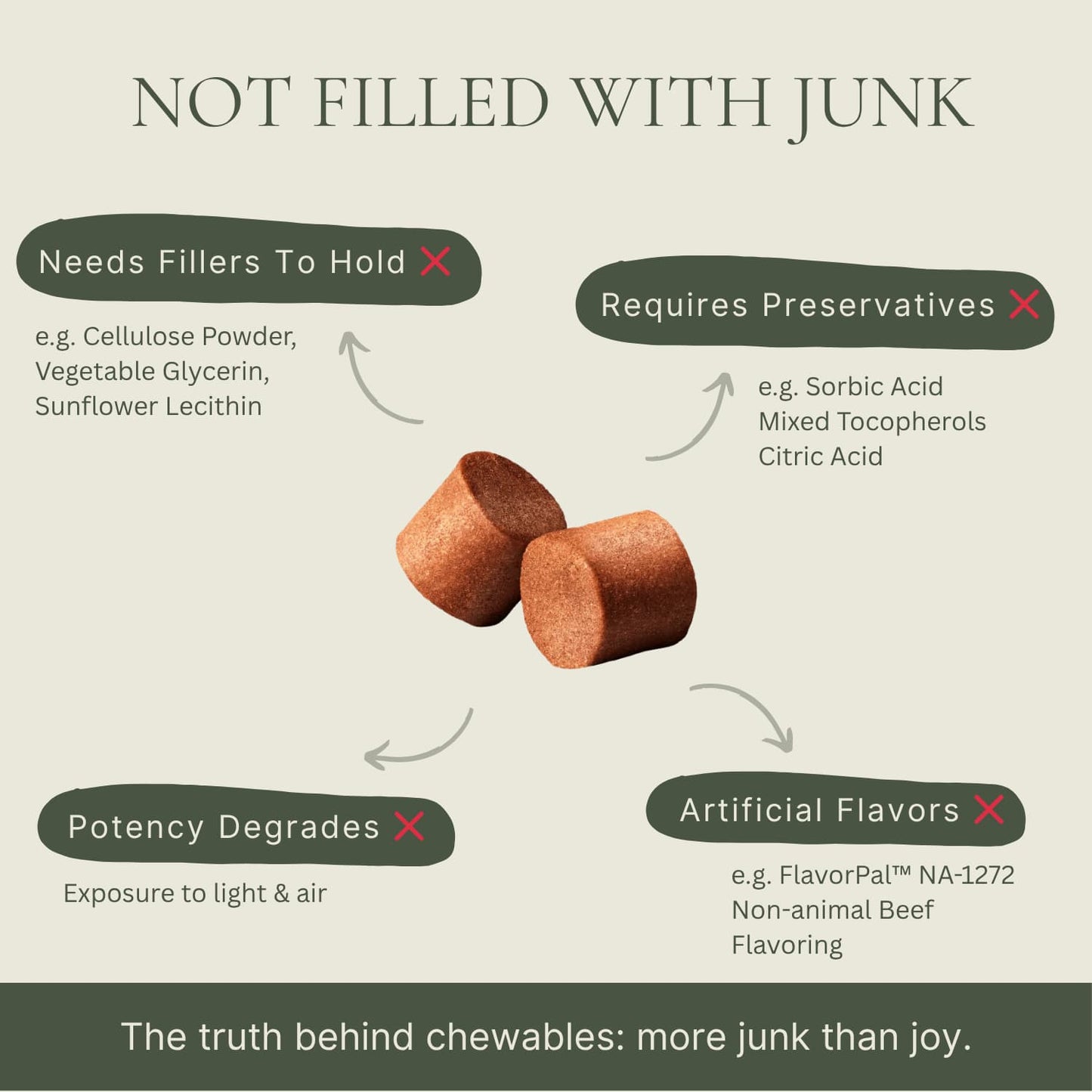Whey is the liquid fraction separated from milk during cheese-making, later dried into a powder. It’s rich in essential amino acids, which is why it’s used in human sports nutrition and sometimes considered for pets. For cats, the appeal is straightforward: it’s a compact way to add high-quality protein without adding much volume—useful when a cat’s appetite is small but the need for nourishment is not.
Still, cats are not small humans. Their diets are built around animal proteins and specific amino acid requirements, and while whey can complement those needs, it should be treated as an add-on, not a base (Sun M, 2024). When owners search “whey protein for cats,” they’re often really searching for a way to protect strength, weight, and vitality as the years accumulate.







































